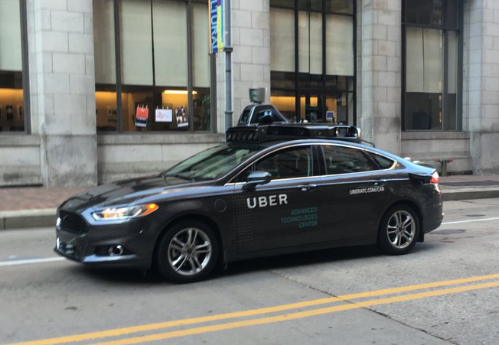Waymo, a part of Alphabet, owner of Google, submitted a lawsuit Thursday against Uber, alleging that the company stole a few of its autonomous-car secrets. Waymo was started as Alphabet/Google’s self-driving car project years earlier, and was spun off into its own business.
In the lawsuit, Waymo declares a former worker may have stolen exclusive files– 14,000 of them, to be precise– and used them to start a new company, The company that we are talking about is Otto, the autonomous-driving tech start-up obtained by Uber in August for $680 million. Otto showed a self-driving semi truck late 2016.
“We take the allegations made against Otto and Uber workers seriously and we will evaluate this matter carefully,” an Uber spokesperson informed Bloomberg. The claim declares unjust competition, patent infringement, and trade secret misappropriation. It likewise claims the presumably stolen technology earned Otto workers over $500 million.
As per the lawsuit, Waymo became aware of the concern when it was unintentionally copied in an email from a provider that revealed an Uber lidar circuit board, which bore a “striking” similarity to among Waymo’s designs. The complaint alleges previous Waymo manager Anthony Levandowski of downloading the 14,000 files in December 2015. That presumably included the lidar circuit board, part of a sensor that assists autonomous vehicles “see” their environment.
Levandowski left Waymo in January last year and founded Otto in May. The lawsuit alleges that, prior to his departure, he created a domain name for his new company, and informed other Waymo workers that he prepared to “replicate” the company’s innovation for a rival.
The lawsuit comes as Uber deals with accusations of sexual harassment made by a female former worker. The coming is testing self-driving automobiles in ride-sharing service in Pittsburgh and Arizona. Automobiles were relocated to a Arizona city following an aborted launch in San Francisco. That operation was closed down when the California Department of Motor Vehicles revoked the registrations of Uber’s test cars, after Uber chose not to obtain the appropriate autonomous-car test permit.


